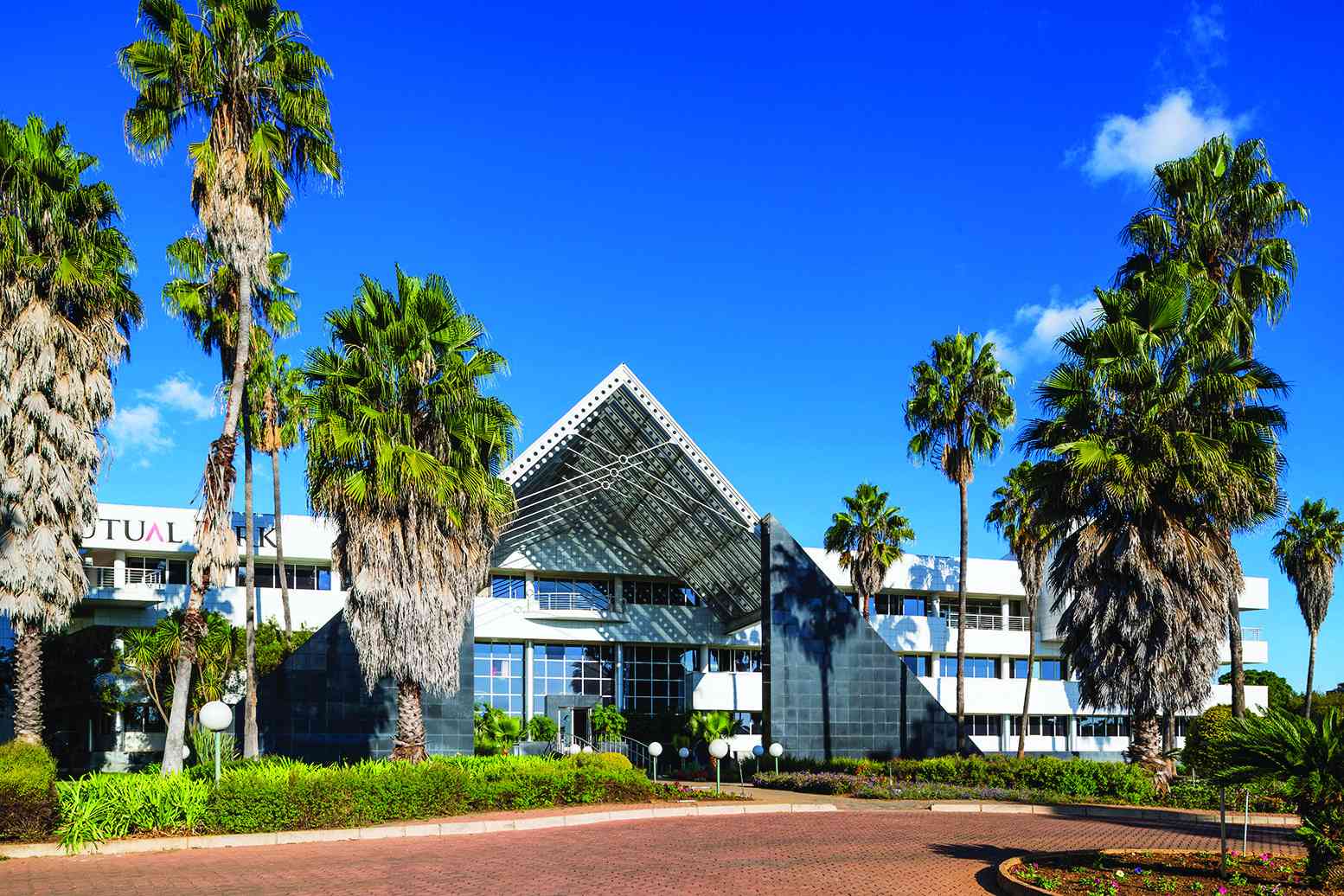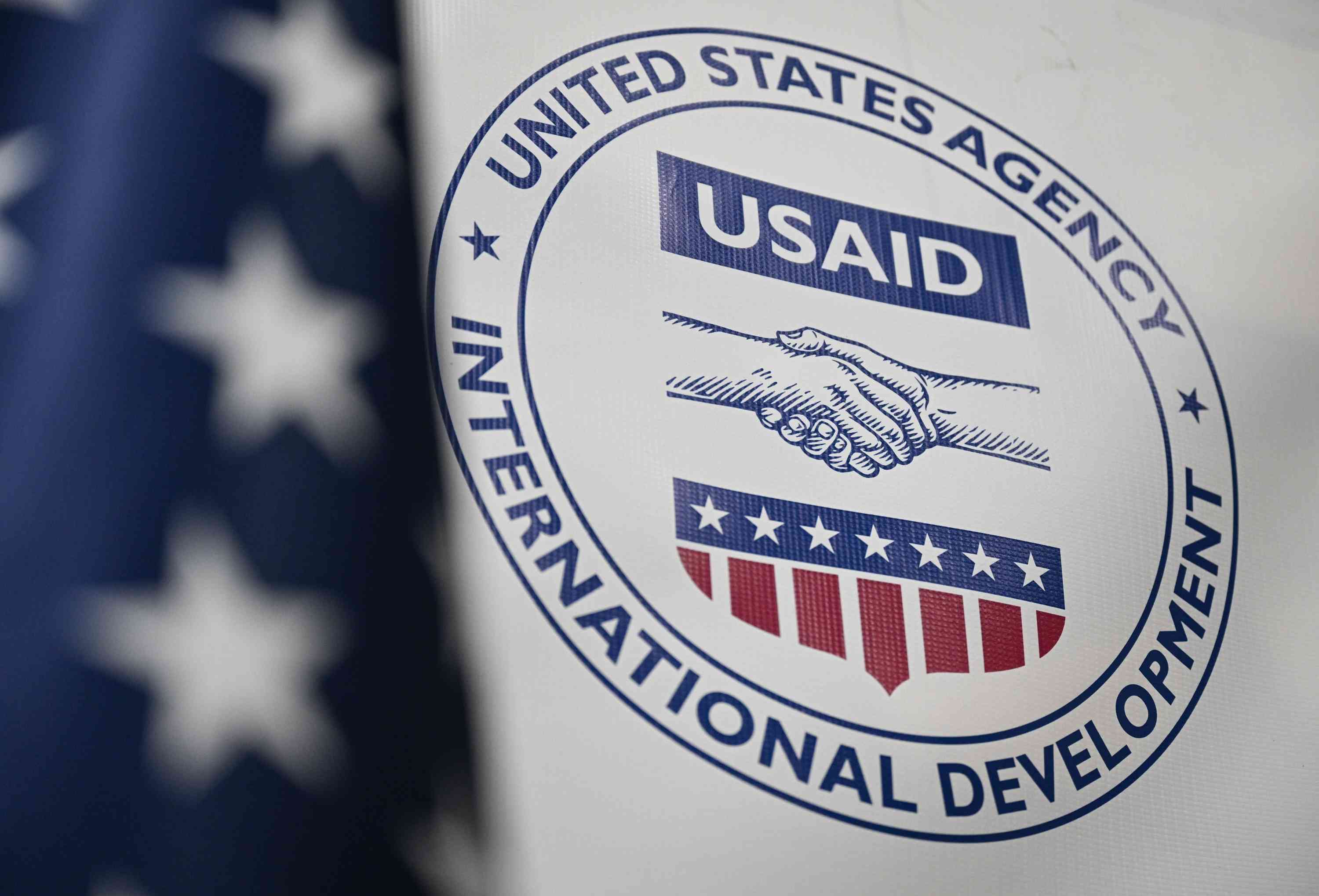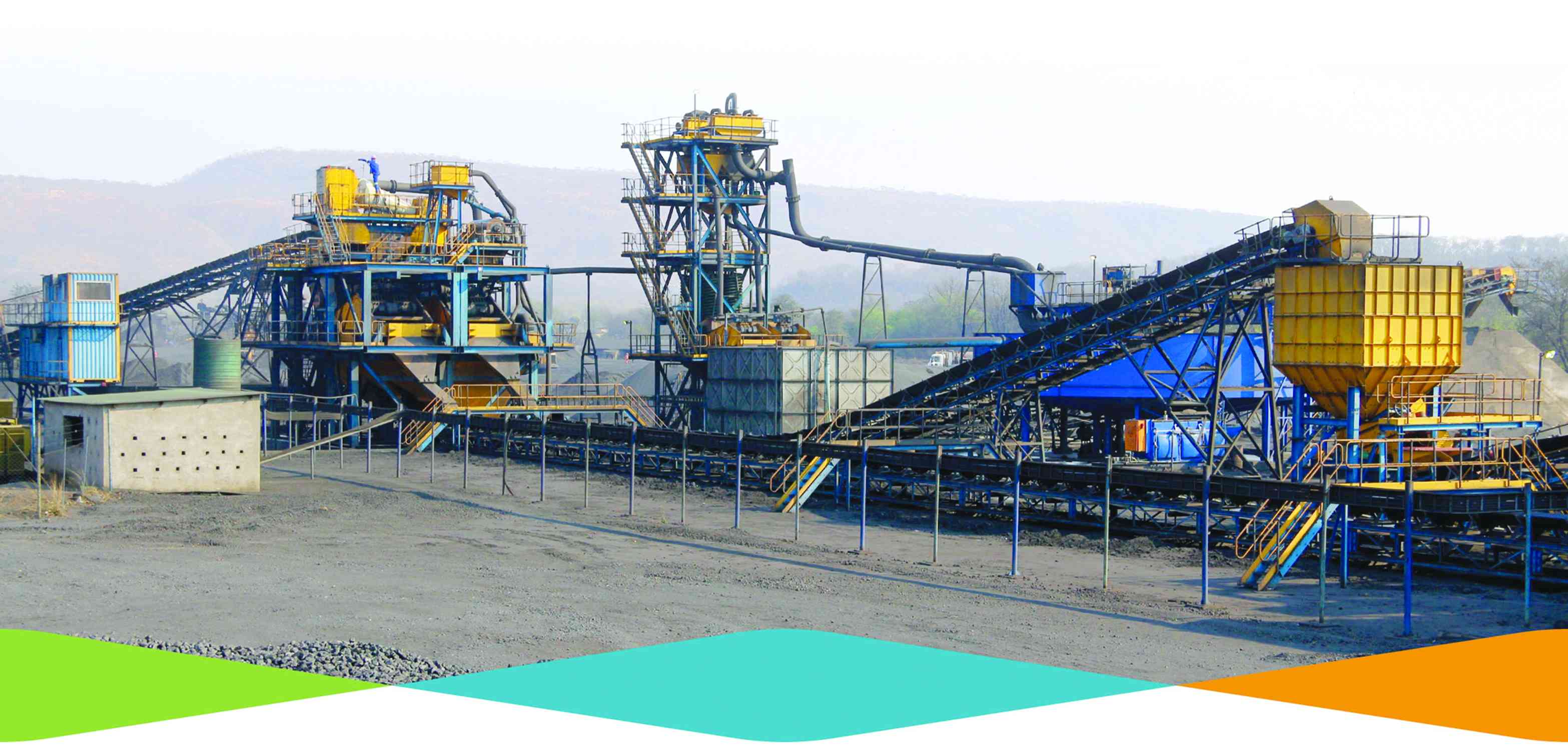THE current mining industry trends, wherein large platinum corporations have started using cost-cutting strategies to survive the low price of metals, should act as a wake-up call for Zimbabwe to prioritise diversification, value-addition and beneficiation.
Platinum group metals (PGM) prices have declined significantly since April last year and, in some cases, by more than 50%, threatening financial viability and sustainability of business operations for most PGM producers. This week, platinum giant Zimplats initiated a voluntary layoff exercise for all employees to keep the company afloat in the low-price metal market. Another platinum miner, Mimosa early this month embarked on a similar programme, targeting 33 managerial and supervisory employees. These measures included capital expenditure curtailment, cost reduction, cash conservation initiatives, as well as staff rationalisation. Anglo American Platinum, which operates Unki Mine in Zimbabwe, has also revealed plans to cut 3 700 jobs and review the contracts of 620 suppliers across its businesses.
It, however, said the Zimbabwe operations will be shielded from the full impact of planned job cuts across the group because it is one of its top performers. Zimbabwe has been preaching the gospel of mineral beneficiation and value addition but very little has been done to support this programme. This is despite the fact that the development of mineral beneficiation and value addition has the potential to drive sustainable socioeconomic development in the country.
As we report elsewhere in this edition, Zimbabwe’s exports are concentrated in a few tariff lines and markets, making it highly vulnerable to external shocks. The exportation of unprocessed commodities, such as minerals and agricultural produce is worsening trade balance in Zimbabwe, according to the Competition and Tariff Commission (CTC). The bulk of the exports are commodities fetching low value on the market compared to value added products on the export market. The likes of tobacco, gold, sugar cane and coal are some of the commodities Zimbabwe exports as raw without further value adding.
Therefore, for the country to continue relying on the exportation of unprocessed commodities is dangerous and naïve. It is a recipe for disaster. Reports show that the platinum sector, Zimbabwe’s cash cow, accounts for about 12% of the country's gross domestic product (GDP). Approximately 60% of the nation's export revenue comes from the mining industry as a whole.
This means the contribution of the sector to Zimbabwe's GDP and exports will be negligible as a result of the problems with metal prices. Very little foreign currency will be received by the nation to cover its foreign exchange obligations. As a nation, we need to start taking diversification, value addition and beneficiation seriously. Additionally, we ought to diversify our exports, as relying just on mineral resources is unsustainable in the long run.
Keep Reading
- AfDB cuts Zim’s growth projections to 3.5%
- CTC approves six mergers
- Russia-Ukraine war and the Zimbabwe daily bread
- AfDB cuts Zim’s growth projections to 3.5%
As elaborated by CTC, there is a need for continued import substitution policies, increasing exports of value added and manufactured products, and small-to-medium enterprises development to explore new markets for Zimbabwe. Without that, we are doomed as a nation.





